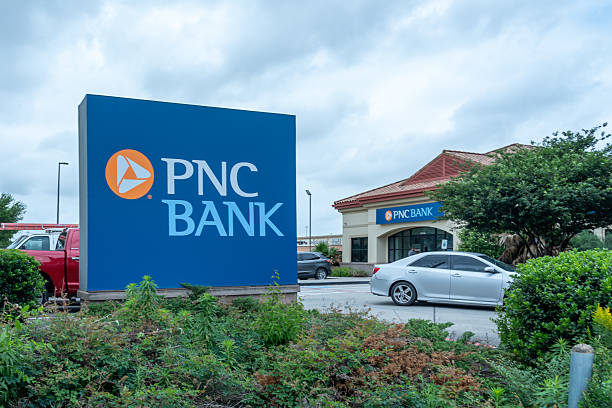PNC Bank has announced a landmark partnership with Coinbase, positioning itself at the forefront of regulated U.S. financial institutions embracing digital assets. Under the agreement, PNC customers will be able to buy, hold, and sell cryptocurrencies via Coinbase’s institutional-grade “Crypto‑as‑a‑Service” infrastructure. At the same time, PNC will offer select banking services to Coinbase, reinforcing the bilateral nature of this collaboration.
The initiative reflects a broader shift within the U.S. banking sector. Once cautious or resistant, many institutions are now moving into the digital asset space, spurred by recent legislative developments and political support for crypto.
Regulatory Tailwinds and Legislative Momentum
This move follows the passage of major legislation by the U.S. Congress last week, introducing regulatory clarity for stablecoins—digital tokens pegged to fiat currencies. That legislative progress was seen as a turning point, allowing traditional investors and lenders to engage more fully in the stablecoin market. Simultaneously, bitcoin reached a record price of $123,000.
President Donald Trump has taken a decidedly pro‑crypto posture. His administration has pushed forward legislation favourable to digital assets, backed crypto businesses, and appointed officials sympathetic to the industry. That shift has sharply contrasted with the approach of the Biden administration, under which major crypto‑friendly banks such as Signature Bank and Silvergate collapsed in 2023 and were not immediately replaced.
PNC Bank’s Strategic Ambitions
PNC, headquartered in Pittsburgh and managing roughly $400 billion in deposits, is one of a handful of “super‑regional” U.S. banks aiming to extend its reach and compete with giants like JPMorgan Chase.
PNC’s CEO, Bill Demchak, stated that this partnership enables the bank to meet growing demand “for secure and streamlined access to digital assets” through PNC’s trusted platform. He also confirmed that PNC will offer banking services to Coinbase.
Initial rollout plans are focused on wealth and asset‑management clients, who will be able to trade crypto directly via their PNC accounts—without having to log into a separate platform.
Broader Banking Industry Trends
PNC is not alone in this shift. JPMorgan Chase is exploring crypto-backed lending, potentially offering loans collateralised by bitcoin and ethereum holdings. Meanwhile, Standard Chartered has already begun allowing institutional clients to trade spot bitcoin and ether.
These moves signal a gradual but meaningful convergence of traditional finance with blockchain‑based finance. Coinbase, the largest U.S. crypto exchange with over 108 million users, has been positioning itself as a critical partner in this transition, investing heavily in lobbying and expanding into banking, payments, and infrastructure.
Implications for Clients and the Market
From a client perspective, PNC’s offering promises a seamless and secure experience: full crypto trading services inside the familiar PNC interface, backed by institutional infrastructure. For Coinbase, this deal deepens its integration with regulated finance and extends its hosting beyond retail users into mainstream banking clients.
Technically speaking, PNC gains access to a ready-made crypto infrastructure without building it in-house and without needing to register as a crypto broker. Coinbase, in turn, extends its enterprise reach via PNC’s broad customer base.
On a larger scale, this partnership reflects accelerating institutional confidence in cryptocurrencies. The regulatory tide has turned. Stablecoin regulation provides legal clarity. And demand from traditional investors is rising, making earlier resistance from banks appear obsolete.


